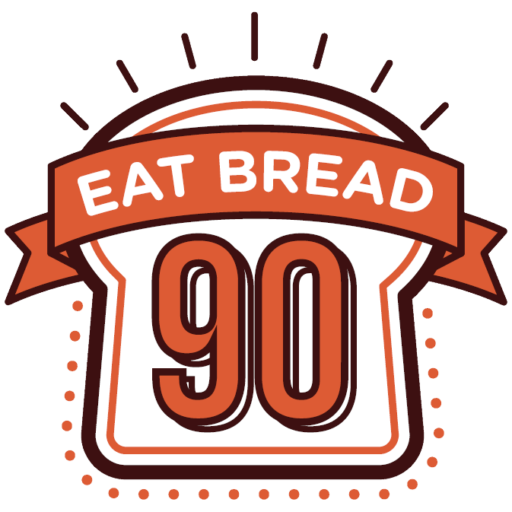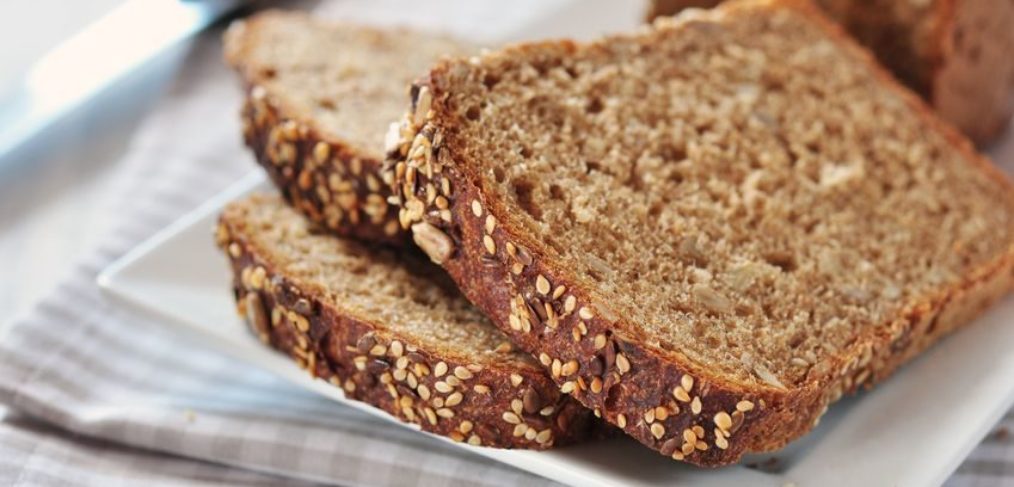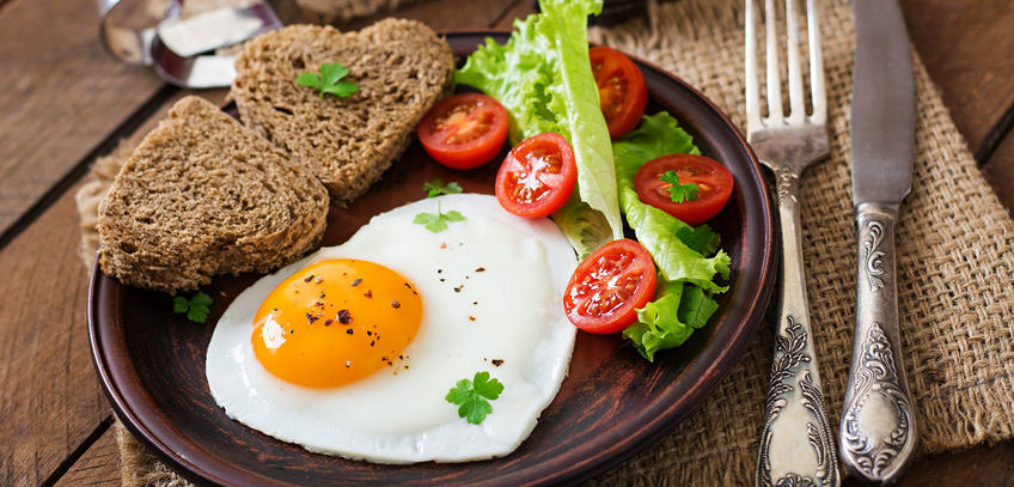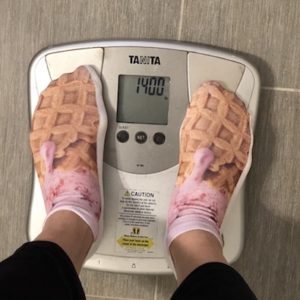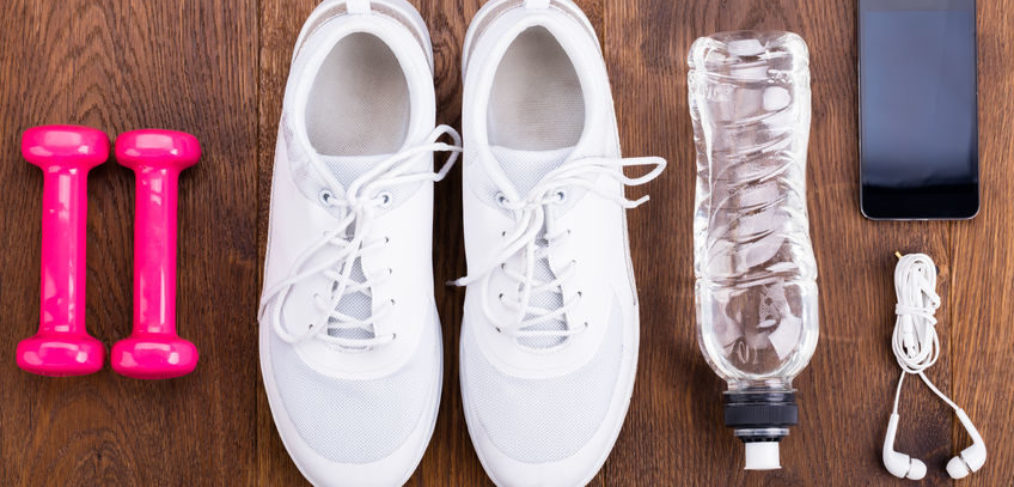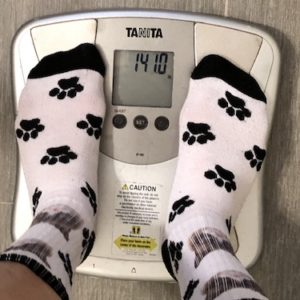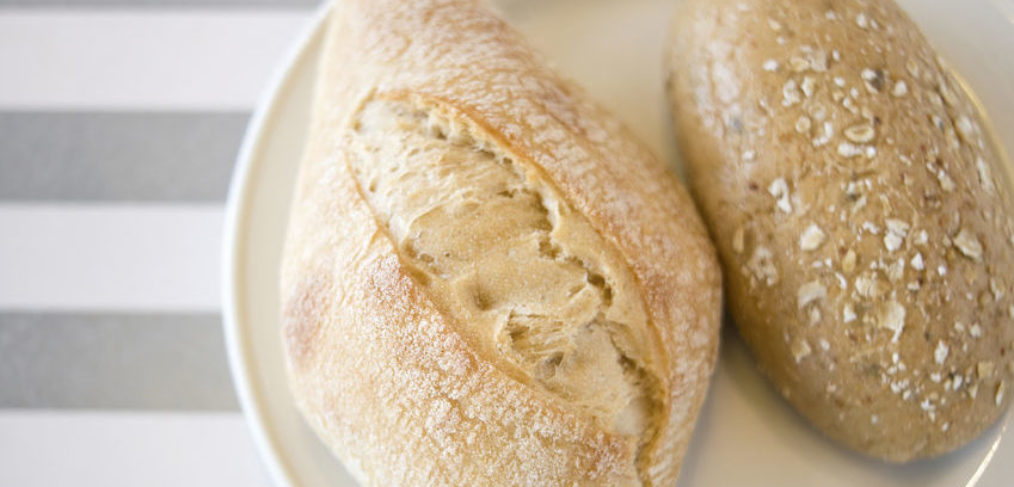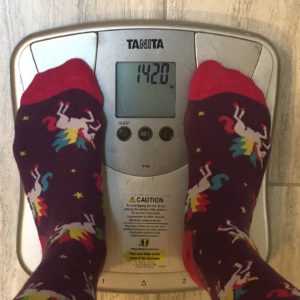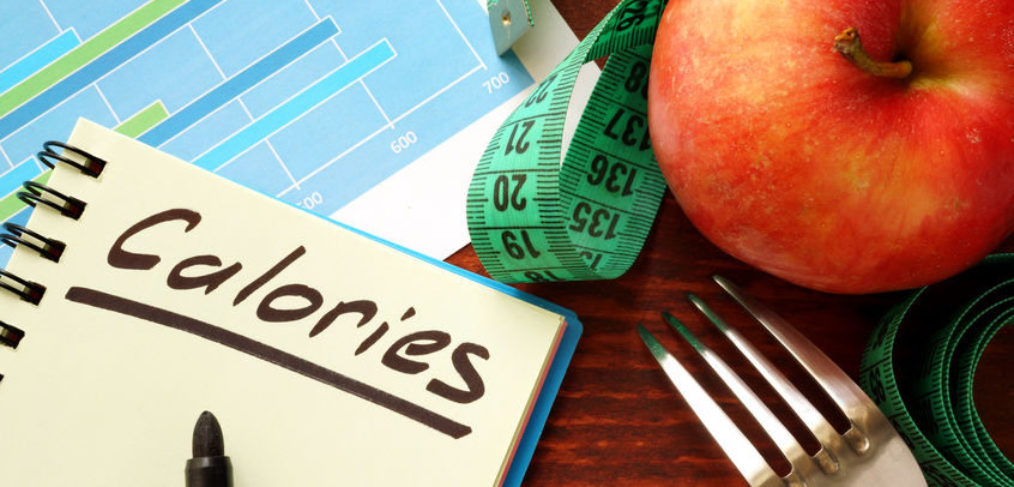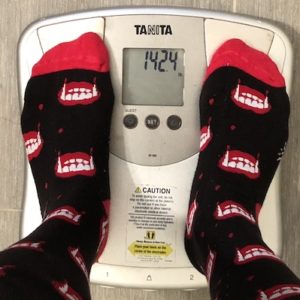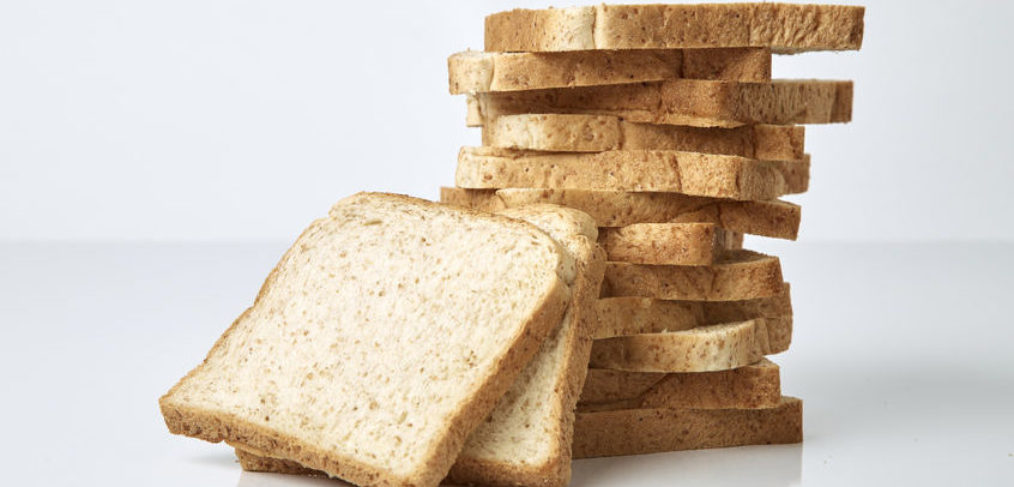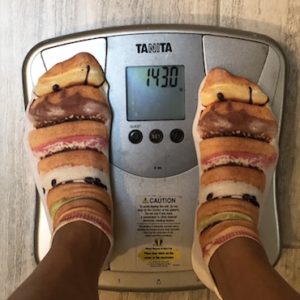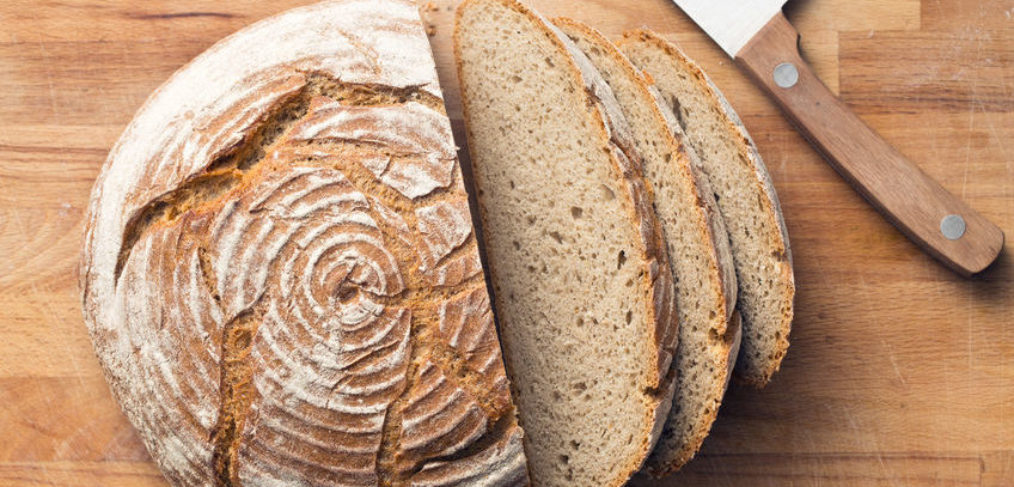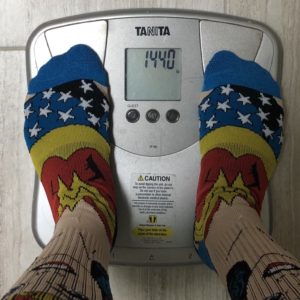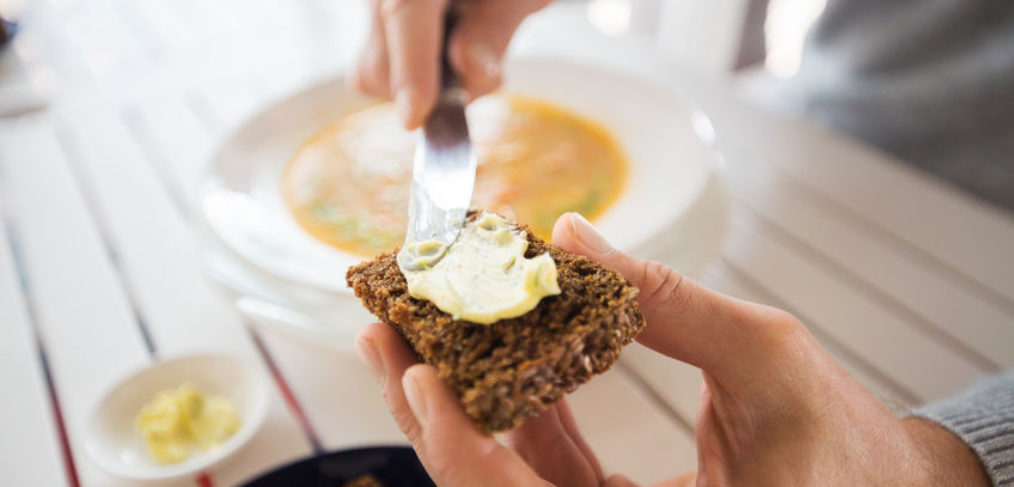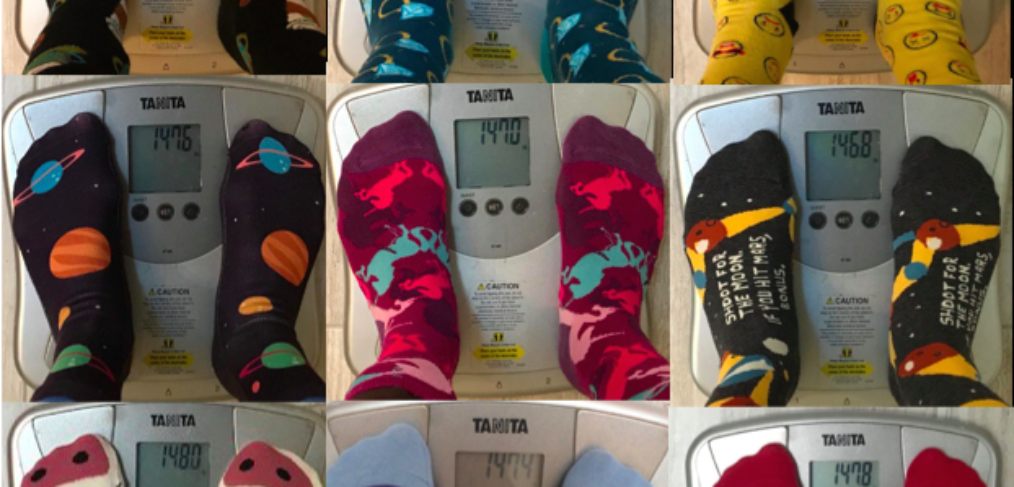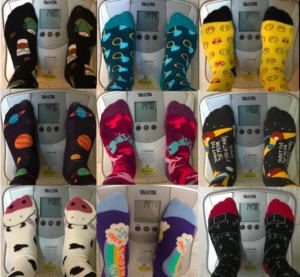90 days later, and round two of my bread diet experiment is over. I’ve documented the many advantages of eating bread and now I have the end result: 8 pounds lost on a bread diet.
Although I’d like to attribute my weight loss to bread alone, these are the contributing factors as well:
- Reduced calorie intake
- Reduced exercise, but still daily
- Reduced variety in food choices
When I started this project, I wasn’t worried about my high-carb diet. But I knew to lose weight would take some extra planning. Here are a few of my biggest takeaways from 90 days of bread.
What are the advantages of eating bread?
Eating bread means:
- Getting essential nutrients from whole grains, such as fiber, iron, magnesium, and folic acid
- Giving your body needed energy in the form of carbohydrates
- Eating a nutrient-dense food that satisfies cravings and is easy to incorporate in your diet.
Say what you will about diets that cut out carbs, like paleo or keto. The truth is, we need carbohydrates in our diets. And research is showing that U.S. adults are deficient in a number of important nutrients that are best made up via eating bread products.
Plus, it’s a relatively cheap, accessible food that carries real substance.
Is eating bread every day bad for you?
No, unless you have celiac disease. Eating bread every day not only gives you the benefits of whole grains, but provides the carbohydrates active people need to function.
- Bread is healthy for you and has a place in any diet.
- You won’t gain extra weight if you’re watching your overall calorie input/output.
- You won’t develop a gluten intolerance.
- You won’t feel bloated or sluggish.
Is bread the reason I lost weight?
It’s a big part of it. It helped fight cravings for one thing. Bread also helped limit the variety of my diet. Studies are revealing that too much variety in our diet can lead to weight gain.
To lose weight I also had to carefully watch my calorie intake, and exercised regularly. However, as I found out with exercise, less is more. By doing some physical activity for just 30 minutes a day, I found I burned the needed calories, but still had energy for staying active the rest of the day and didn’t feel the need to load up on food afterwards.
Can I make a bread diet work for me?
Absolutely! If this experiment has proved anything, it’s that you don’t need to cut carbs from your diet, especially to lose weight. Stay away from complicated fad diets that don’t work and give your body the food it needs.
The key is to do what works for you and your schedule. Eat healthy foods. Watch your calorie intake. Exercise. And enjoy bread!
If you’re looking for some delicious, healthy loaves to try, check out my bread gallery.
The final weigh in:
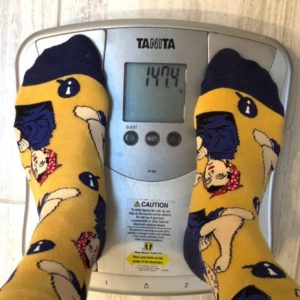
The first weigh-in: 147.4
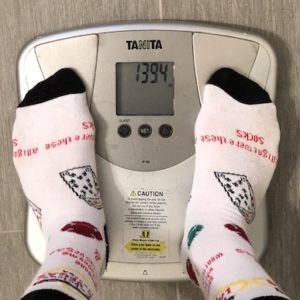
Week 13 final weigh in: 139.4 lbs. Brought to you by the advantages of eating bread.
